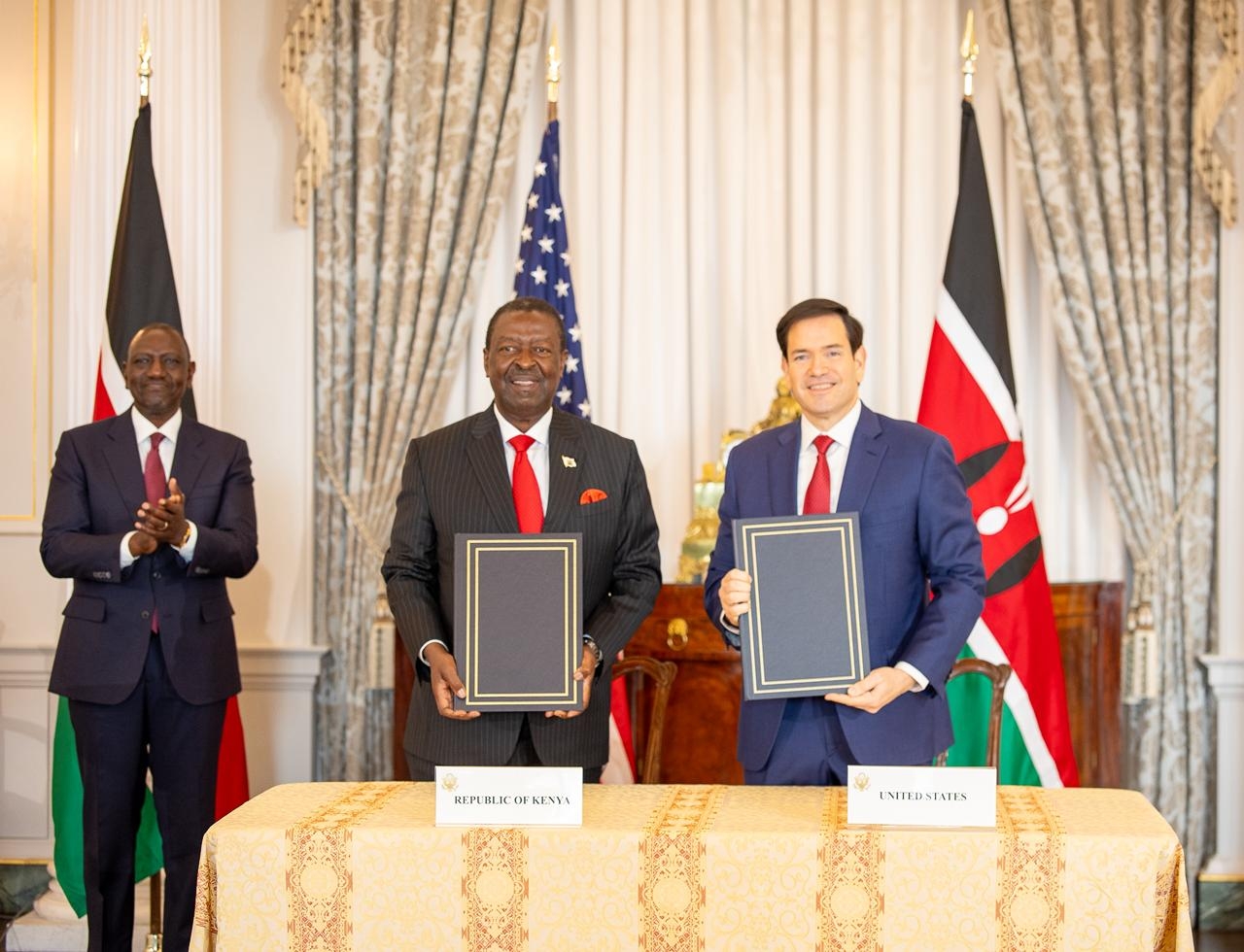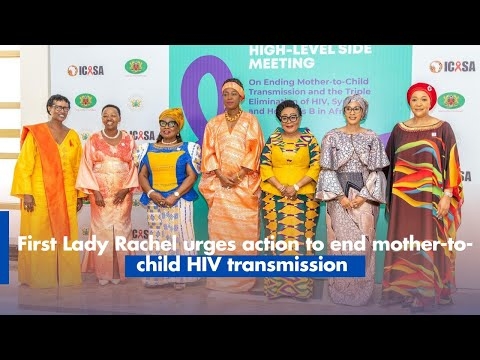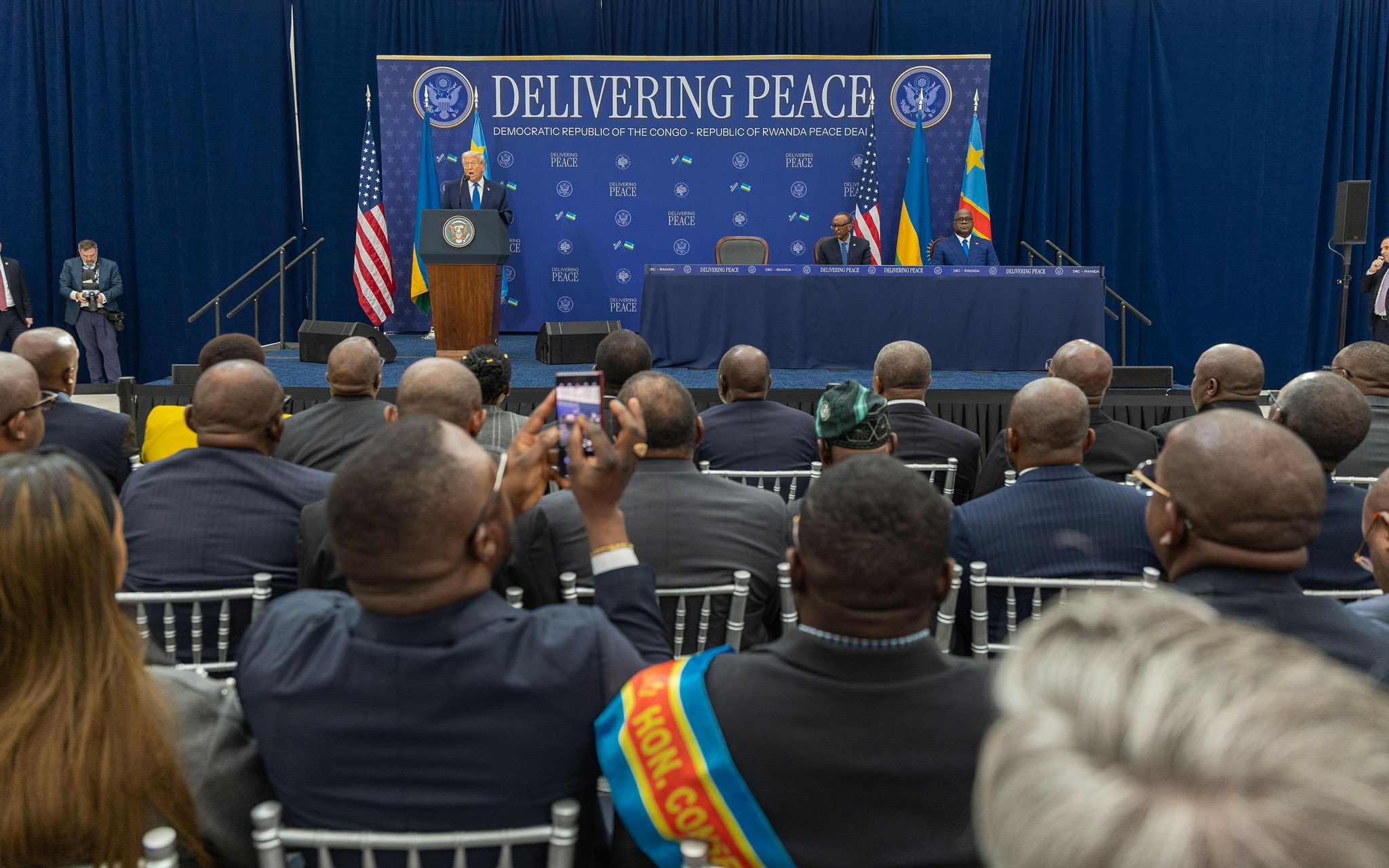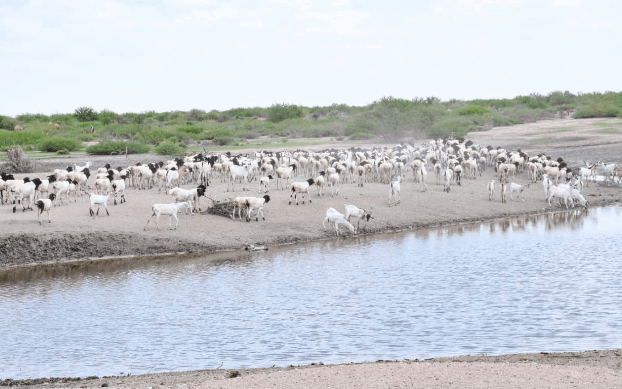
In the quiet yet resilient village of Kamser, located in Homa Bay County, life has become increasingly challenging for a group of remarkable women.
These widows, who have already endured the heartbreak of losing their husbands, are now facing another devastating ordeal: the destruction of their homes due to relentless and unforgiving rains.
The recent heavy downpours left widespread damage in their wake, destroying the homes of ten widows. Many others live in precarious conditions, with crumbling walls and leaking roofs that could give way at any moment.
For these women, survival is not only about managing the emotional toll of widowhood but also about braving the harsh realities of homelessness.
Mary Omega, Director of the Kamser Widows Organisation, vividly describes their plight. “These women have faced unimaginable loss and pain. Now, they must confront the fear and humiliation of being without a safe place to call home,” she says.
“Many have children to care for, yet they lack even the most basic resources to rebuild their lives.”
Stepping Up to the Challenge
The Kamser Widows Organisation (CBO), in collaboration with Passion of Hope International (PHI), has risen to address this crisis. Together, they are providing immediate relief and envisioning a path toward long-term recovery.
However, the scope of the problem far exceeds their limited resources, prompting a heartfelt appeal to Kenyans and the global community for support.
The cost of rebuilding is substantial. Constructing a semi-permanent house requires Sh350,000, while a brick house costs approximately Sh450,000.
In addition to rebuilding, the organisation prioritises repairing damaged homes to restore dignity and security to affected families.
The Kamser Widows Organisation understands that addressing immediate needs is only part of the solution.
Their long-term vision focuses on empowering these women economically and emotionally. Initiatives include training in agriculture, tailoring, and small businesses, alongside projects such as organic farming, kitchen gardens, and agroforestry.
These efforts aim to ensure food security, economic independence, and environmental sustainability. Recognizing the emotional toll of these adversities, the organisation is also emphasizing mental health resilience, offering support to help the widows navigate their challenges with hope and strength.
Amid the difficulties, stories of resilience and hope continue to emerge from Kamser.
Jane, a widow who lost her home, expresses her gratitude and determination. “Having a home means I can focus on my children’s future. It means I can sleep without fear,” she shares.
Similarly, Beatrice Atieno, another widow, finds strength in the support she’s received. “It’s not just about the material help,” she says.
“It’s knowing that someone cares enough to stand with us.”
Partnerships with organisations like Swafi Films, PHI, and FEMNET have provided critical support, but much more is needed. The Kamser Widows Organisation calls for additional contributions—both financial and material—to help rebuild lives and restore hope.
Every contribution, no matter how small, makes a difference. Food donations stave off hunger, warm blankets provide comfort, and financial support brings a widow closer to having a secure roof over her head.
Moreover, sustainable projects such as microfinance initiatives and vocational training can empower these women to break the cycle of poverty and vulnerability. Reimagining the Future The widows of Kamser are not defined by their hardships.
They are survivors—strong, determined, and hopeful. With the support of compassionate individuals and organisations, they dream of a future where they can reclaim their dignity, provide for their children, and contribute to a thriving community.
The message is clear: rebuild homes, restore hope, and reignite dignity. Together, we can show the widows of Kamser that they are not forgotten and that their resilience is honored. Their dreams of a better future deserve our collective effort and unwavering support.













